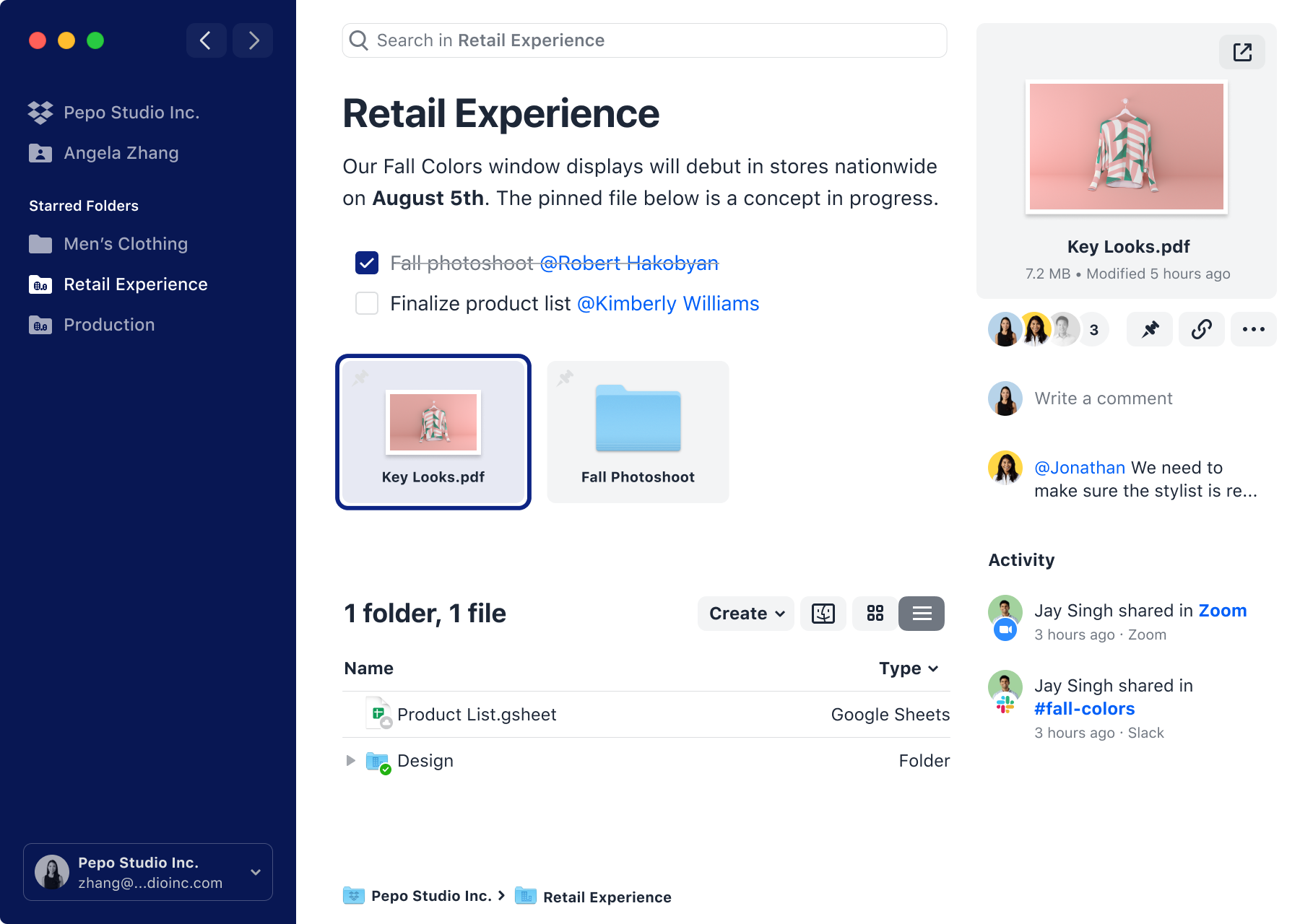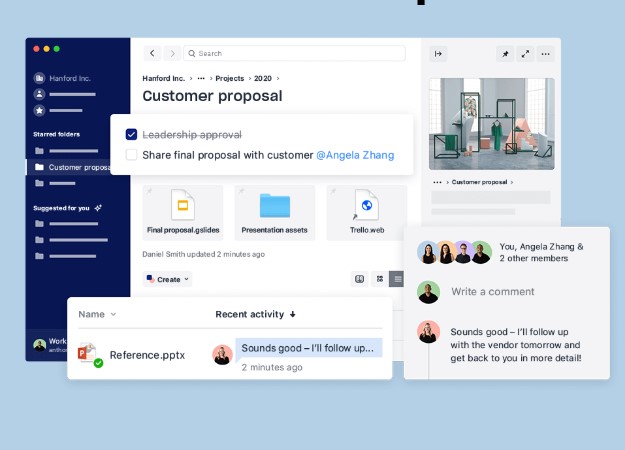

As explained by Steve Troughton-Smith, the Apple Silicon architecture presents a few hurdles for developers like Dropbox, particularly when it comes to kernel extensions (extra code that runs when the Mac boots). Well, maybe Dropbox isn’t as ignorant as we think. Our communication in the support thread wasn't great - we'll (of course) support Apple Silicon and have been working on M1 support for a while

Drop box mac app software#
So what the hell is wrong with Dropbox? Can’t it just use Apple’s fancy tools to recompile its software for M1?Ĭorrect - lots of technical changes in the OS. Any company that’s aware of the general computer market should understand the importance of native Apple Silicon apps. Dropbox eats through battery life when running on Rosetta, an issue we learned about shortly after M1’s launch.ĭespite this issue, Dropbox has seemingly ignored Apple Silicon’s existence, and recently asked customers to “vote” for an M1 version of its software.

Discord is a great example, but Mac users are aiming their frustrations at Dropbox, and they’re justified in doing so. And after a year of enjoying M1, Mac users are upset by Dropbox’s failure to release an Apple Silicon version of its app.Ī ton of major apps still lack proper M1 support. There’s just one problem-Rosetta emulation can gobble up RAM and power. Rosetta lets the M1 ARM architecture run x86 software without a hitch, reducing the need for developers to build native Apple Silicon versions of their apps. Without the Rosetta emulation layer, Apple’s M1 chip wouldn’t be a success.


 0 kommentar(er)
0 kommentar(er)
